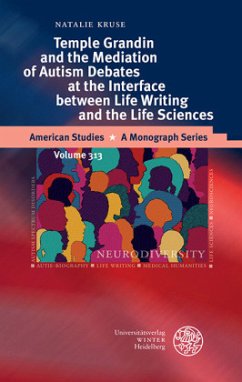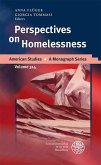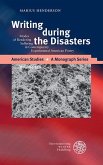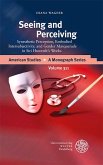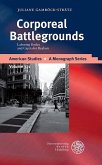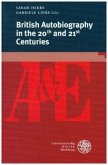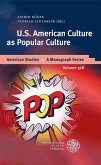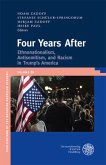Since its first official mentioning in 1943, autism spectrum disorder has proven to be a much-discussed yet seemingly unfathomable object of investigation by numerous disciplinary fields that have sought to understand the condition from multiple lenses and vied for their respective power of interpretation. This book explores the representation of autism in medical, popular, and literary discourses. Focusing on the works of Temple Grandin, it understands her oeuvre as a prism for refracting perspectives that have taken a stand on the question and definition of autism in past and contemporary debates. It further illuminates the crucial interconnection between life sciences and life writing, which goes far beyond the example of autism and demonstrates how central it is to bridge the divide between the life sciences and the humanities. Such an interdisciplinary dialogue, this book proposes, can lead to a significant advancement of knowledge about autism and other forms of neurodiversity.
Bitte wählen Sie Ihr Anliegen aus.
Rechnungen
Retourenschein anfordern
Bestellstatus
Storno

